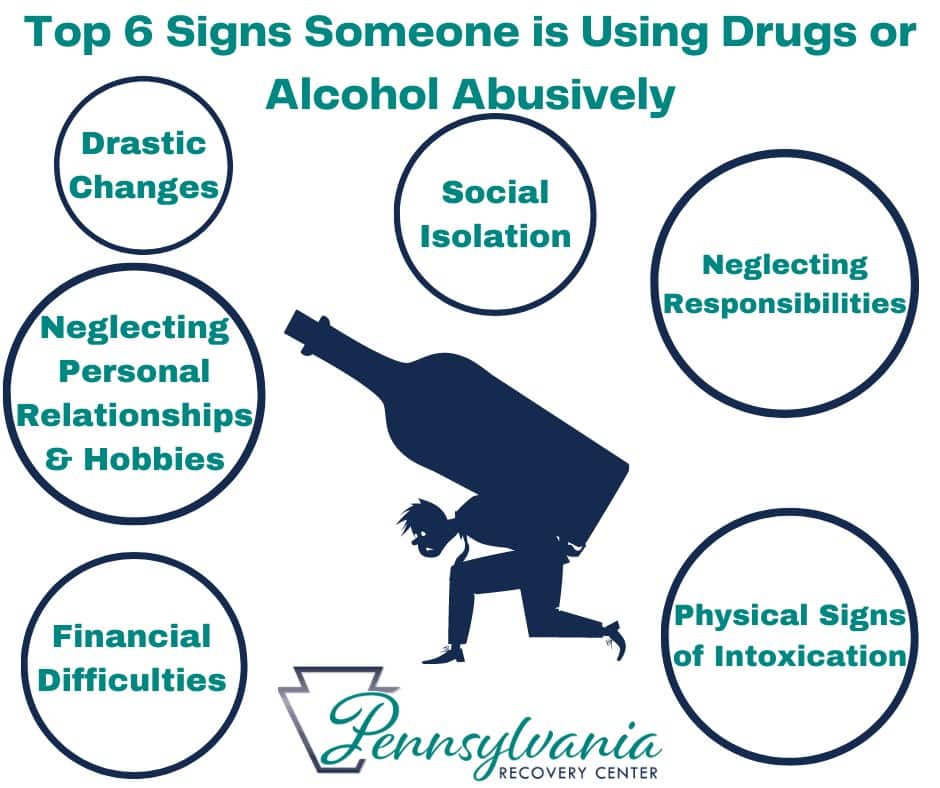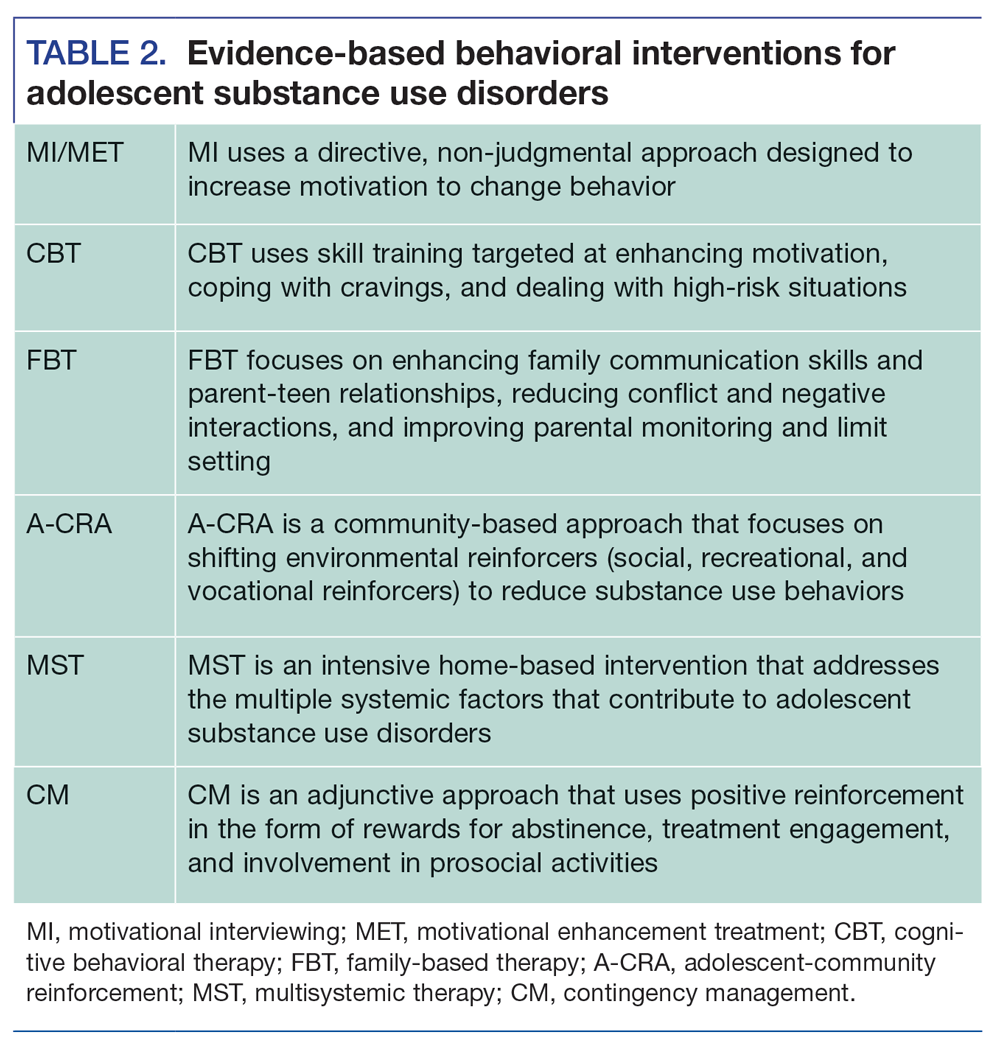Recognizing Chemical Abuse Rehabilitation: A Course Towards Healing and Recuperation
Compound abuse rehabilitation is even more than simply a place to quit using medications or alcohol-- it is a transformative journey that assists individuals rebuild their lives, restore their psychological health and wellness, and rediscover function. Dependency impacts not only the body however likewise the mind and emotions, commonly leaving individuals really feeling helpless and trapped. Rehabilitation centers give an organized, thoughtful atmosphere where individuals can damage without the chains of dependency and recover. Via treatment, healthcare, and psychological support, rehab helps clients regain control of their lives one action at once.
The Root Causes of Dependency: Comprehending Why Individuals Obtain Addicted
 Addiction hardly ever happens alone. It is the outcome of a complicated mix of organic, emotional, and social variables. For some, genetics play a role-- certain people may be extra inclined to addiction as a result of acquired qualities that influence how their brain responds to compounds. Others turn to medicines or alcohol as a means to deal with emotional discomfort, tension, or trauma. When life feels excruciating or overwhelming, materials can offer a temporary escape, numbing pain or creating a false sense of alleviation. In time, however, that relief comes to be dependence, and dependence advances into dependency.
Addiction hardly ever happens alone. It is the outcome of a complicated mix of organic, emotional, and social variables. For some, genetics play a role-- certain people may be extra inclined to addiction as a result of acquired qualities that influence how their brain responds to compounds. Others turn to medicines or alcohol as a means to deal with emotional discomfort, tension, or trauma. When life feels excruciating or overwhelming, materials can offer a temporary escape, numbing pain or creating a false sense of alleviation. In time, however, that relief comes to be dependence, and dependence advances into dependency.Ecological aspects additionally substantially add to drug abuse. Maturing in a home where medication or alcohol usage is stabilized raises the possibility of developing addicting actions later in life. Peer pressure, specifically during adolescence, can additionally press individuals toward trial and error with medications or alcohol. Additionally, direct exposure to persistent stress, monetary battles, or unstable relationships can make individuals a lot more vulnerable to looking for materials as a coping system. In a lot of cases, individuals do not begin making use of drugs to become addicted-- they do it to really feel better, retreat truth, or acquire control over their emotions.
 Psychological wellness problems are another significant element in addiction development. Conditions such as anxiety, clinical depression, PTSD, and bipolar affective disorder usually coexist with drug abuse, producing what is called a double diagnosis. Individuals fighting with mental health difficulties may transform to drugs or alcohol to self-medicate and minimize signs and symptoms. Unfortunately, substance use just worsens these problems with time, developing a harmful cycle that can be hard to damage. Understanding these origin creates is crucial because addiction therapy need to address both the symptoms and the underlying issues to accomplish real recuperation.
Psychological wellness problems are another significant element in addiction development. Conditions such as anxiety, clinical depression, PTSD, and bipolar affective disorder usually coexist with drug abuse, producing what is called a double diagnosis. Individuals fighting with mental health difficulties may transform to drugs or alcohol to self-medicate and minimize signs and symptoms. Unfortunately, substance use just worsens these problems with time, developing a harmful cycle that can be hard to damage. Understanding these origin creates is crucial because addiction therapy need to address both the symptoms and the underlying issues to accomplish real recuperation.Exactly How Rehabilitation Can Aid People Restore Their Lives
Rehabilitation supplies hope, framework, and healing for those battling with dependency. The initial step in rehab often entails detoxing, where the body gets rid of all traces of medications or alcohol. This stage is medically managed to make sure security and comfort as withdrawal signs can be literally and mentally challenging. Clinical professionals monitor customers carefully, in some cases using medication-assisted treatments to alleviate signs and symptoms and minimize food cravings. Detoxification sets the structure for long-term healing, preparing individuals to involve in treatment and other aspects of treatment with a clear mind.
 After detoxification, the emphasis changes to therapy and counseling. Cognitive-behavioral treatment (CBT), team therapy, and one-on-one therapy sessions aid people determine the thoughts and habits that resulted in material use. These restorative techniques equip clients to create healthy coping mechanisms, enhance emotional law, and rebuild self-confidence. Rehab facilities also give holistic treatments such as art, yoga, music, and meditation, which urge emotional expression and spiritual healing. Through regular treatment, clients learn that recovery is not practically avoiding materials however about changing their state of mind and way of life.
After detoxification, the emphasis changes to therapy and counseling. Cognitive-behavioral treatment (CBT), team therapy, and one-on-one therapy sessions aid people determine the thoughts and habits that resulted in material use. These restorative techniques equip clients to create healthy coping mechanisms, enhance emotional law, and rebuild self-confidence. Rehab facilities also give holistic treatments such as art, yoga, music, and meditation, which urge emotional expression and spiritual healing. Through regular treatment, clients learn that recovery is not practically avoiding materials however about changing their state of mind and way of life.Rehab additionally offers area-- a powerful element in recuperation. Many individuals that deal with dependency really feel isolated or misconstrued. In rehabilitation, they are surrounded by people who share comparable struggles and objectives, fostering a feeling of belonging and accountability. Team therapy sessions allow customers to share their experiences and encourage each other. The bonds created in rehab usually continue past treatment, becoming a critical part of long-term support networks. This environment of understanding and compassion can make the difference in between regression and continual healing.
Exploring the Different Kinds Of Therapy in Compound Misuse Rehabilitation
There are several kinds of therapy programs readily available in material abuse rehab, each made to address different degrees of dependency severity and personal requirements. Inpatient rehab programs anonymous are among the most extensive, giving 24/7 guidance and care in a domestic setting. Customers live at the center for numerous weeks or months, immersing themselves in a distraction-free and structured environment that concentrates completely on recuperation. Inpatient programs are optimal for individuals with serious dependencies, co-occurring psychological wellness concerns, or unpredictable home environments.
Outpatient treatment, on the other hand, offers more flexibility. Clients continue living at home while attending scheduled treatment sessions several times a week. This sort of program allows individuals to keep family, job, or college duties while still obtaining specialist assistance. Outpatient rehabilitation is frequently best suited for those with light to modest dependencies or as a step-down shift after completing an inpatient program. It provides continued liability and reinforcement of healthy and balanced behaviors found out during earlier phases of healing.
Another vital kind of therapy is partial hospitalization or extensive outpatient programs (IOPs) These programs integrate the Recommended Site intensity of inpatient rehabilitation with the versatility of outpatient treatment. Clients participate in therapy for a number of hours a day, several times a week, and return home later. This framework makes sure that people get intensive care while slowly rehabilitating into everyday life. Whether inpatient, outpatient, or IOP, the supreme goal of all therapy programs is to aid individuals develop a lasting, substance-free way of life and outfit them with tools to manage life's challenges without resorting to medications or alcohol.
Various Programs Offered in Rehabilitation Facilities
Rehabilitation facilities use a selection of customized programs to meet the varied needs of their clients. Detox programs are commonly the initial step, focusing on securely handling withdrawal signs and symptoms and stabilizing customers prior to treatment begins. As soon as detox is total, people shift into rehab programs that target emotional, behavioral, and mental recovery. These might consist of specific treatment, where customers work one-on-one with qualified therapists to check out the origin triggers of dependency, in addition to team treatment, which cultivates peer support and shared recovery experiences.
Several centers additionally use dual diagnosis programs for individuals battling with both substance usage and psychological wellness problems. Dealing with both at the same time is vital, as neglecting one can hinder progression in the various other. These programs integrate psychiatric care, drug monitoring, and treatment to develop a thorough and well balanced strategy to look at this now recovery. In addition, family members therapy plays a key duty in recovery damaged partnerships and rebuilding trust. Families learn more about dependency dynamics, communication techniques, and exactly how to sustain their enjoyed ones during and after treatment.
Some rehabilitation facilities additionally give customized programs customized to details demographics, such as professionals, professionals, females, or teens. Others include holistic and alternative treatments like mindfulness training, fitness, nourishment therapy, and exterior activities to promote total well-being. In addition, aftercare and regression prevention programs aid clients change back right into day-to-day life with continued support. These programs stress building a strong recuperation network, setting objectives, and maintaining responsibility to make sure lasting success beyond the rehabilitation experience.
The Long-Term Value of Material Misuse Rehabilitation and Recuperation Support
Completing a rehabilitation program is just the beginning of the recovery journey. Long-term soberness calls for recurring commitment, self-awareness, and support. Lots of individuals continue with aftercare programs, which include counseling, colleagues meetings, and check-ins with specialists. These recurring sessions enhance dealing techniques and offer support throughout tough times. By remaining connected to a helpful neighborhood, individuals can stop relapse and remain to grow personally and emotionally. Rehab teaches that recovery is not about excellence-- it's concerning development and persistence.
Another vital aspect of continual recovery is way of life change. People that leave rehabilitation are motivated to construct much healthier regimens that support their wellness. This consists of engaging in exercise, exercising mindfulness, eating healthy foods, and preserving meaningful relationships. Creating passions or leisure activities can also replace deep space that substances once filled up. Numerous recovering people discover fulfillment in offering, pursuing education, or aiding others in recovery. These favorable changes strengthen the new, sober identity they have actually developed throughout rehab.
Inevitably, compound misuse rehab has to do with offering individuals the tools to redeem their lives. It offers a structure for healing the mind, body, and spirit, assisting individuals discover that life without addiction is not only feasible but deeply satisfying. Every success tale starts with the courage to seek aid, and rehabilitation facilities exist to direct people via that transformative journey. With the best therapy, support, and resolution, recuperation becomes not just a possibility however a lasting truth.
Material misuse rehabilitation is more than just an area to stop utilizing medications or alcohol-- it is a transformative trip that aids individuals rebuild their lives, restore their mental health and wellness, and rediscover purpose. In rehab, they are surrounded by individuals who share comparable battles and objectives, fostering a sense of belonging and responsibility. Outpatient rehab is frequently best fit for those with moderate to modest addictions or as a step-down change after finishing an inpatient program. Inevitably, material misuse rehabilitation is about providing individuals the tools to reclaim their lives. Every success story starts with the guts to seek help, and rehabilitation centers exist to direct individuals through that transformative trip.